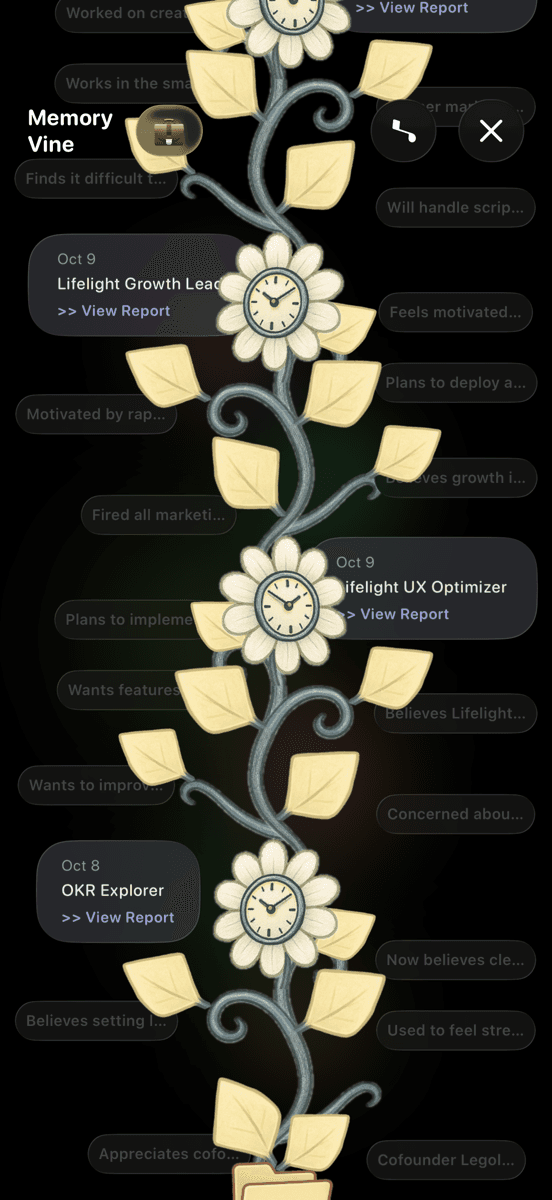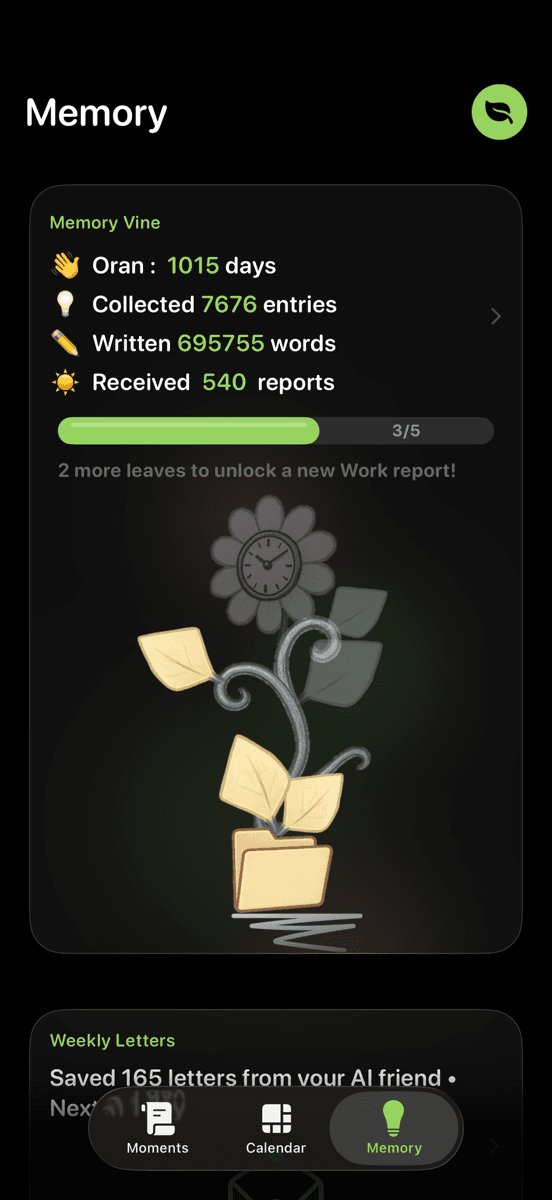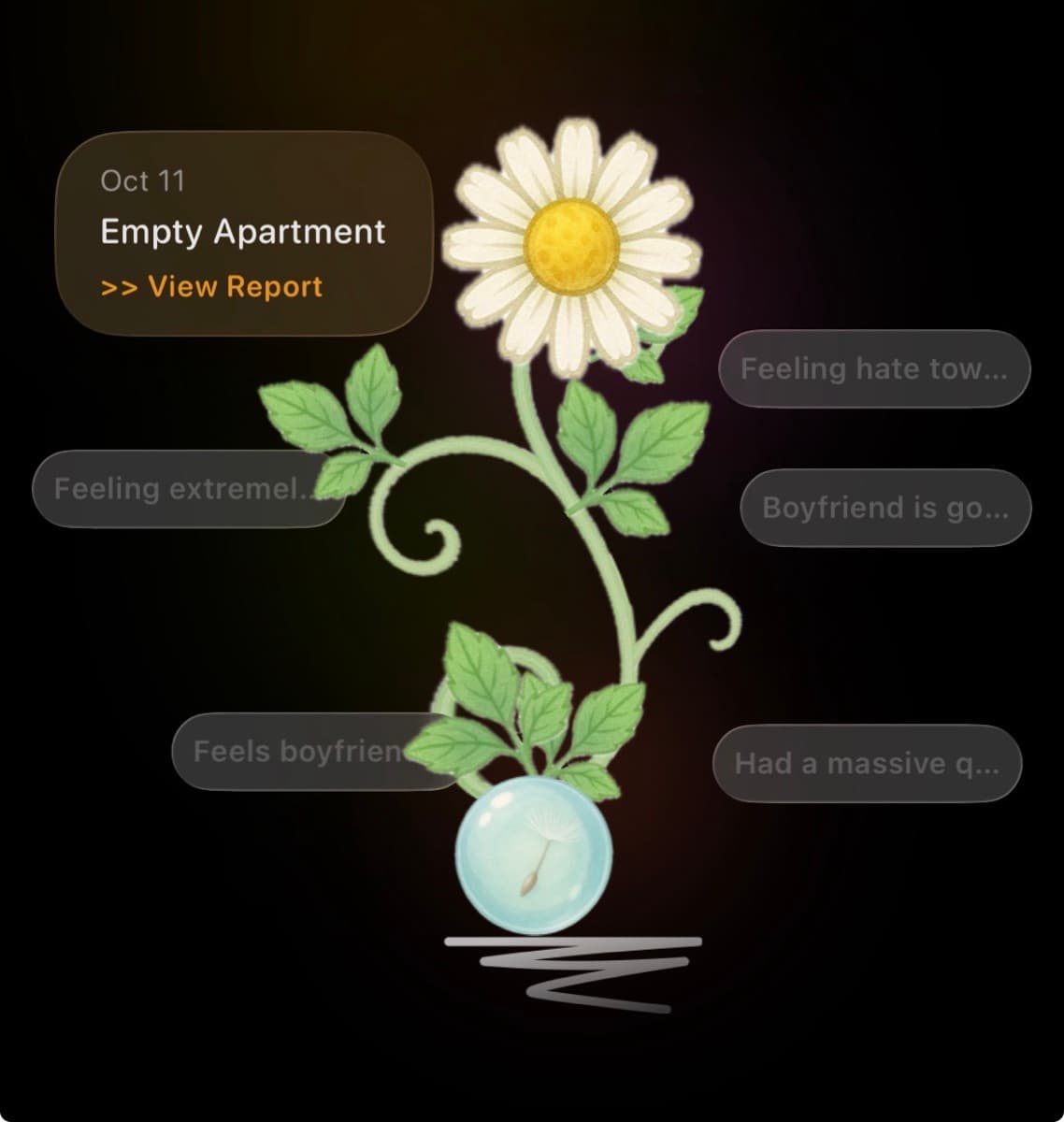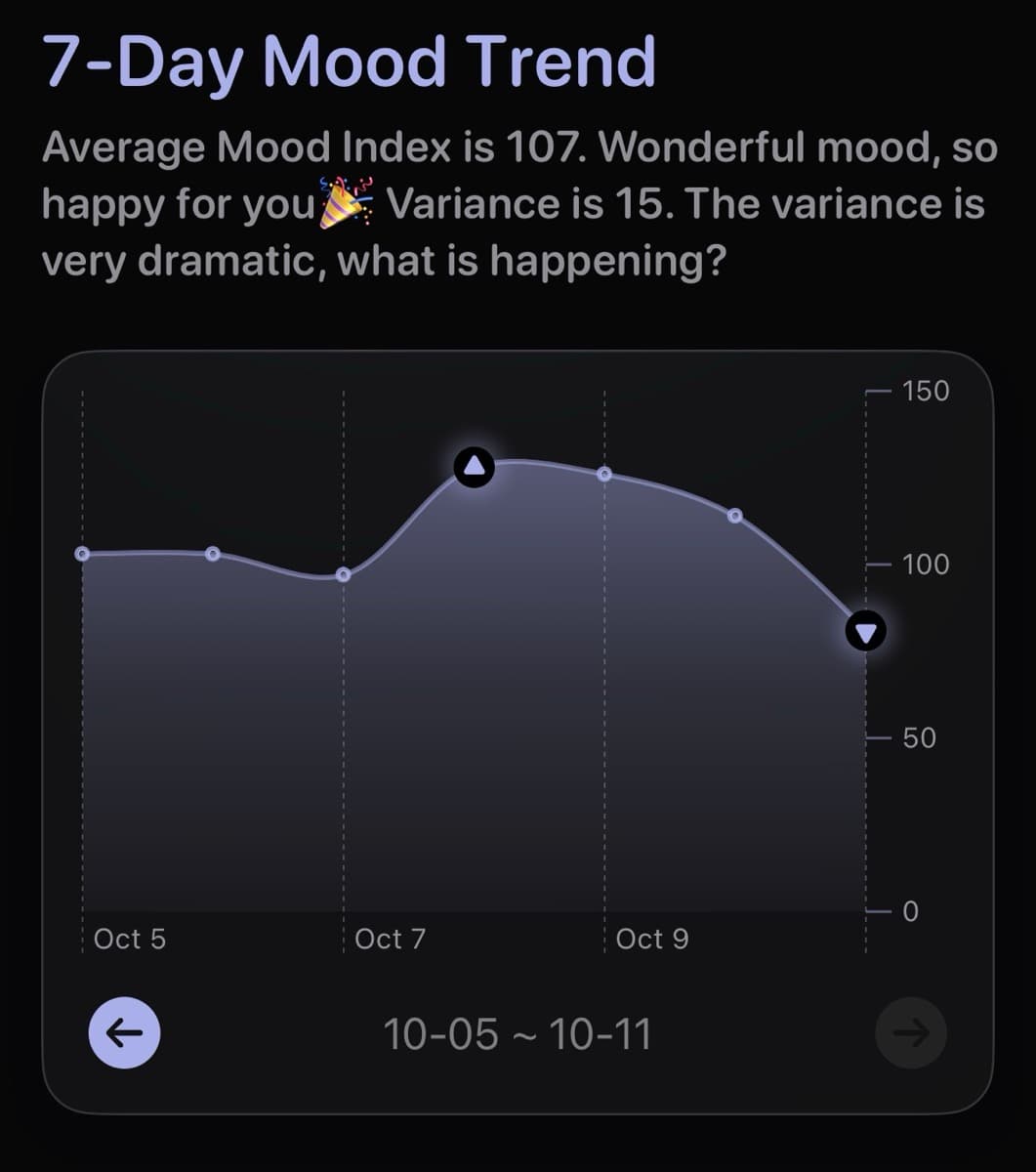One minute you're fine, the next you're sobbing over a commercial. An hour later, you're laughing hysterically at a meme. By evening, you're furious about something small. Welcome to ADHD emotional dysregulation.
If your emotions feel like a rollercoaster you can't get off, you're not alone—and you're not broken. Your ADHD brain processes emotions differently.
What Is ADHD Emotional Dysregulation?
70% of adults with ADHD have significant emotional regulation problems—often more impairing than the attention symptoms everyone focuses on. Yet emotional dysregulation isn't even mentioned in the official ADHD diagnostic criteria.
ADHD emotional dysregulation means:
- Emotions come faster: You go from calm to furious in seconds
- Feel more intense: Everything feels amplified - joy is euphoria, sadness is despair
- Last longer: You can't "shake it off" easily
- Harder to control: You know you're overreacting but can't stop
This Is NOT Bipolar Disorder
Important distinction: ADHD emotional shifts happen multiple times per day in response to events. Bipolar mood episodes last days to weeks regardless of circumstances. If you're unsure, see a psychiatrist for proper evaluation.
Delayed Emotional Maturity
Research shows people with ADHD have approximately 30% delayed emotional maturity compared to neurotypical peers. A 30-year-old with ADHD may have the emotional regulation capacity of someone 21. This isn't immaturity—it's neurodevelopmental.
Rejection Sensitivity Dysphoria (RSD)
Up to 99% of adults with ADHD experience RSD—extreme emotional pain from perceived rejection, criticism, or failure. We'll cover this more in Article 5, but it's a key component of ADHD emotional dysregulation.
Why ADHD Brains Work This Way
Dopamine Regulation Affects Emotional Processing
ADHD is fundamentally a dopamine regulation disorder. Dopamine doesn't just affect attention and motivation—it's crucial for emotional regulation. Your ADHD brain has irregular dopamine signaling, creating emotional volatility.
Executive Function Includes Emotional Executive Function
Most people think of executive function as planning, organizing, time management. But emotional regulation IS an executive function. ADHD executive dysfunction includes:
- Difficulty inhibiting emotional responses
- Poor emotional working memory (can't "hold" a calmer perspective)
- Impaired emotional problem-solving
- Trouble shifting from negative emotional states
Brain Imaging Research
fMRI studies show adults with ADHD have reduced activity in prefrontal regions responsible for emotional regulation and increased activity in amygdala (emotion center) during emotional tasks. Your brain literally processes emotions differently.
How It Shows Up in Daily Life
Explosive Anger Over Minor Frustrations
Lost your keys? Full meltdown. WiFi slow? Rage. Someone chewing loudly? Instant fury. The intensity of your reaction doesn't match the trigger—but it feels completely justified in the moment.
Crying Jags That Feel "Too Intense"
A sad movie scene has you sobbing for an hour. A friend's minor comment brings tears. You cry over commercials, songs, memories that shouldn't hit this hard.
Emotional Hangovers
After an emotional outburst, you crash into shame spirals. "Why am I like this?" "I'm so dramatic." "They must think I'm crazy." The guilt sometimes feels worse than the initial emotion.
Difficulty Identifying Feelings (Alexithymia Overlap)
Someone asks "How are you feeling?" and you genuinely don't know. You're overwhelmed but can't name the specific emotion. This makes emotional regulation even harder—can't manage what you can't identify.
Social Consequences
Emotional dysregulation damages relationships. Friends walk on eggshells. Partners feel exhausted. Coworkers avoid you. Jobs are lost over "inappropriate emotional responses." The social cost is devastating.
The Tracking Solution Nobody Talks About
Most ADHD advice focuses on productivity hacks and organization systems. But for many ADHD adults, emotional regulation is actually MORE important than time management.
Here's where tracking becomes essential:
Lifelight's automatic mood detection works perfectly for ADHD brains. You don't have to remember to track (executive function win). The app tracks patterns even when you forget—which is often with ADHD.
Users with ADHD discover patterns they never noticed:
- Emotions spike 3-4 hours after ADHD medication wears off
- Certain tasks trigger disproportionate emotional responses (emails = rage, phone calls = anxiety)
- Sleep deprivation multiplies emotional intensity by 3x
- Hunger creates emotional crashes (blood sugar affects ADHD brains more)
- Overstimulation builds until emotional explosion
One Lifelight user said: "I always thought I was just dramatic and unstable. The data showed clear patterns tied to medication timing, hunger, and specific work stressors. Finally proof I'm not making it up. My therapist could see the visual patterns and we adjusted my medication schedule—game changer."
Why Visual Pattern Recognition Works for ADHD
ADHD brains excel at visual processing. Lifelight's mood calendar turns abstract emotions into concrete visual patterns. You can SEE the boom-bust cycles, the medication correlation, the sleep impact.
For ADHD brains that struggle with self-awareness and interoception, visual data provides external validation: "This is real. This is a pattern. I'm not imagining it."
Sharing Data With Doctors and Therapists
Trying to explain your emotional patterns in a 15-minute psychiatry appointment? Impossible. Showing visual mood data with timestamps and correlations? Actionable.
Doctors can see: "Your mood crashes at 4 PM daily" → medication might need longer coverage. "Your emotional intensity tripled this week" → check for sleep changes or new stressors.
Other Strategies That Help
Medication Optimization
ADHD medications often need tweaking specifically for emotional symptoms. Extended-release formulations may help with afternoon emotional crashes. Some people benefit from small afternoon booster doses. Alpha agonists (Intuniv, Clonidine) can specifically target emotional regulation.
DBT Skills (Dialectical Behavior Therapy)
DBT was developed for borderline personality disorder but works remarkably well for ADHD emotional regulation:
- STOP skill: Stop, Take a step back, Observe, Proceed mindfully
- Opposite Action: Act opposite to the emotion urge
- TIPP: Temperature (cold water), Intense exercise, Paced breathing, Paired muscle relaxation
"Pause Button" Techniques
When you feel emotion rising:
- NAME the emotion: "I'm feeling angry" (externalizes it)
- RATE the intensity: "This is an 8/10" (creates distance)
- PREDICT the duration: "This will peak in 10 minutes and pass in 30" (provides end point)
Physical Regulation
For ADHD brains, physical regulation matters MORE than for neurotypical people:
- Exercise: Regulates dopamine and burns off emotional energy
- Sleep: Even one bad night dramatically worsens emotional dysregulation
- Nutrition: Blood sugar crashes create emotional crashes
- Sensory regulation: Managing overstimulation prevents emotional meltdowns
What NOT to Do
Don't Suppress Emotions
Trying to "not feel" makes it worse. ADHD brains can't suppress effectively—you just delay the explosion. Feel the emotion, but choose the response.
Don't Self-Diagnose Bipolar Without Evaluation
Many ADHD adults are misdiagnosed with bipolar disorder because of emotional volatility. If you're concerned, see a psychiatrist experienced with both conditions. The treatment approaches are very different.
Don't Let People Shame You for "Overreacting"
Your emotions are real. The intensity is neurological, not character failure. Set boundaries with people who mock your emotional responses.
Resources
- CHADD (Children and Adults with ADHD): Support groups and resources
- ADDitude Magazine: Evidence-based ADHD information
- ADHD coaches: Specialized coaching for emotional regulation
- DBT workbooks: "The Dialectical Behavior Therapy Skills Workbook"
Your Emotions Aren't "Too Much"
Living with ADHD emotional dysregulation is exhausting. You feel everything intensely. You can't just "calm down." People don't understand.
But your emotions aren't too much—your brain processes them differently. Understanding the pattern is the first step to managing it.
Start tracking. See the patterns. Share the data. Adjust strategies. Your emotional life can become more manageable.
You're not broken. You're neurodivergent. And there are tools that actually work.



